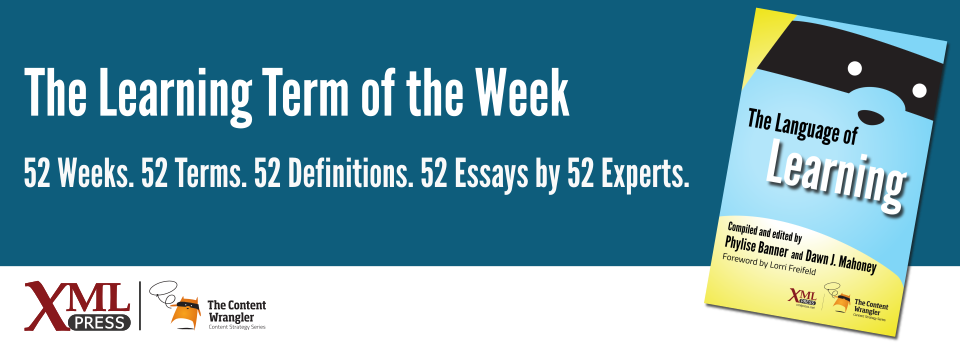What is it?
The mental effort or workload imposed on a person’s working memory when processing information.
Why is it important?
Understanding cognitive load is crucial for promoting effective learning, decision making, information processing, user experience, productivity, and training outcomes. In the context of learning and development, cognitive load theory provides insights you can apply to instructional design and delivery to improve the learning process.
Why does a business professional need to know this?
Business professionals who understand cognitive load are likely to better understand the work of their team members, especially those who design marketing and communication materials, learning content, instructional products, product design, and more.
There are three types of cognitive load you should know:
- Intrinsic: The inherent complexity of the learning materials or task itself. Some topics or concepts naturally require more mental effort to understand and process. For example, advanced math equations or intricate scientific theories have a higher intrinsic cognitive load.
- Extraneous: Mental effort that is not directly relevant to learning or task. Poorly designed materials, irrelevant information, or complicated instructions can increase extraneous cognitive load.
- Germane: The mental effort required to engage in meaningful activities, make connections, and integrate new knowledge with existing knowledge. This effort enables us to develop a deeper understanding and foster long-term learning.
An understanding of cognitive load, especially understanding how to reduce extraneous cognitive load, can help you create more efficient and effective work processes, ultimately contributing to better outcomes for your organization.
And it can help you and your team design more user-friendly products, optimize training programs, improve decision-making, and facilitate collaboration, both within your team and across the organization.
References
- (Paas 2020) Cognitive-Load Theory: Methods to Manage Working Memory Load in the Learning of Complex Tasks: Paas, Fred, and Jeroen J. G. van Merriënboer. Current Directions in Psychological Science 29, no. 4, (Aug. 2020): 394-398.
- (Bleich 2019) Your Guide To Cognitive Load Theory And Learning: Bleich, Corey. (2019). Edgepoint Learning.
- (Hughes 2019) Tips To Avoid Cognitive Overload In Employee Training Programs: Hughes, Andrew. (December 2019). eLearning Industry.
- (Clark 2005) Efficiency in Learning: Evidence-Based Guidelines to Manage Cognitive Load: Clark, Ruth C., Frank Nguyen, and John Sweller. (2005). Pfeiffer. ISBN: 978-0787977283.

